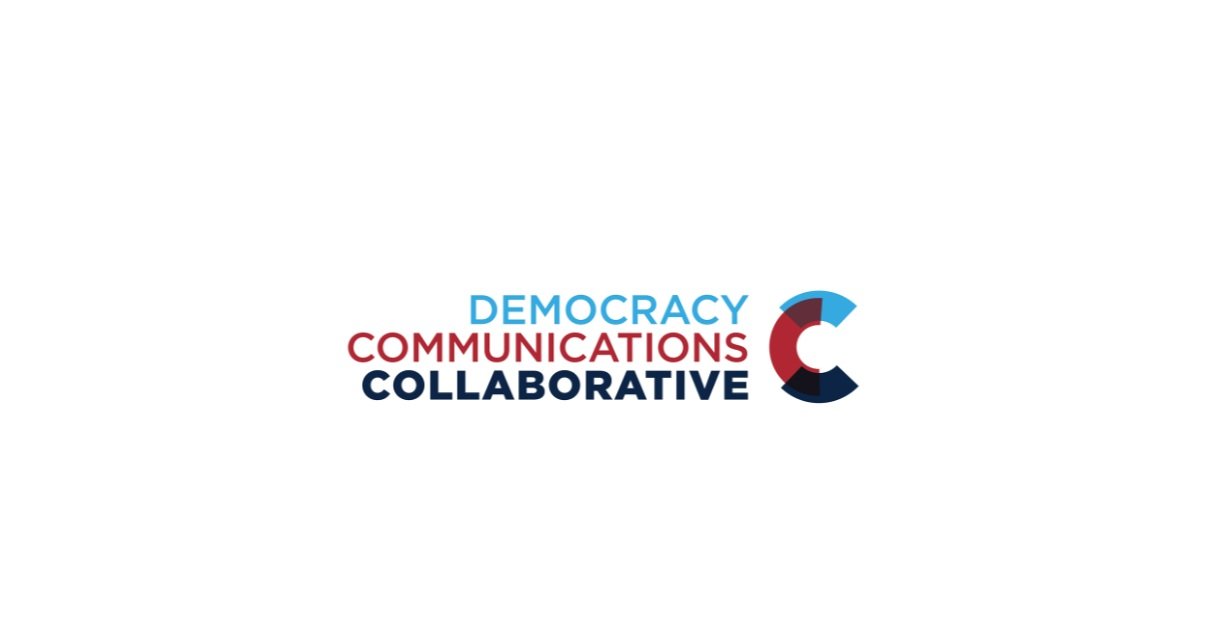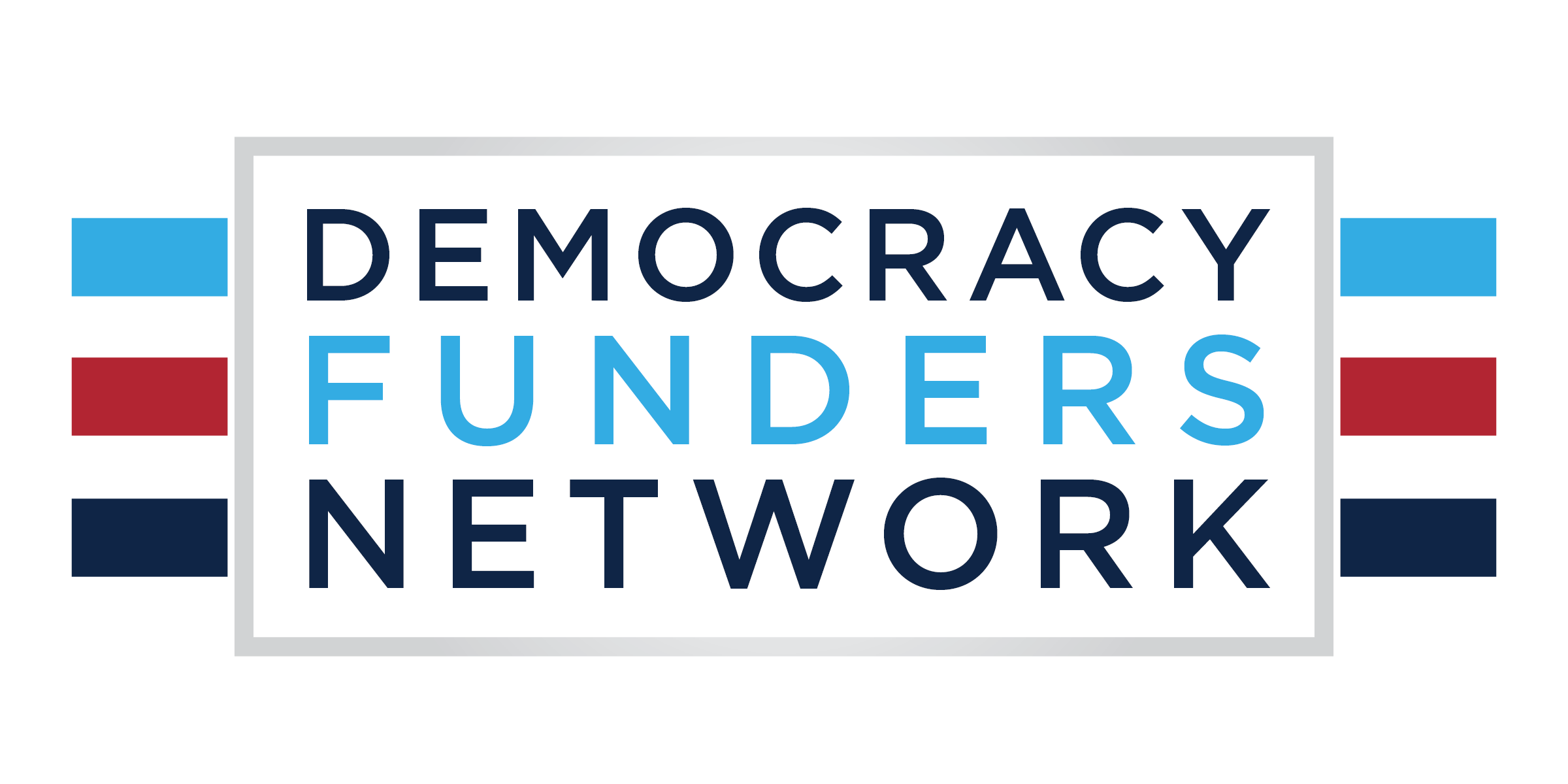
The Public Opinion Landscape on Elections, Trust, and Democracy
The Democracy Communications Collaborative (DCC) is a funder-practitioner partnership that empowers pro-democracy forces across the ideological spectrum to build durable public support for liberal democracy through communications. Together, the DCC Leadership Group, Partner Table and Democracy Communications Fund engage funders, coordinate practitioners, and invest in urgent research, persuasion, and shared resources. These mutually reinforcing efforts are preparing the field for the next decade of work by increasing donor confidence and expertise, building practitioner capacity and capability, and developing infrastructure.
The DCC was created to address widely-shared concerns that the pro-democracy field has not reached beyond the choir to new persuadable audiences. Cooperation and coordination are rare, capacity and reach have been limited, and technical, novel, and expensive communications projects have challenged funders. Addressing these challenges is necessary to prepare the field for the decade of strategic investment that is required.
The DCC’s Shared Baseline Research Program provides top-tier public opinion research to a Partner Table of 80+ nonpartisan democracy organizations, cost-effectively ensuring that the democracy communications field has the data to identify, reach, and persuade their target audience. The program includes ongoing quantitative and qualitative research and a comprehensive democracy voter segmentation.
This session will help funders orient themselves to the public opinion landscape that democracy advocates face in 2024. We will share results from an initial survey and focus groups, review current understanding of the movable audience, and preview plans for our next round of research. Finally, we’ll discuss how this research can guide the funder community: What kind of election trust initiatives might merit investment based on what we have learned? And are there important outstanding questions that still need to be answered?


























